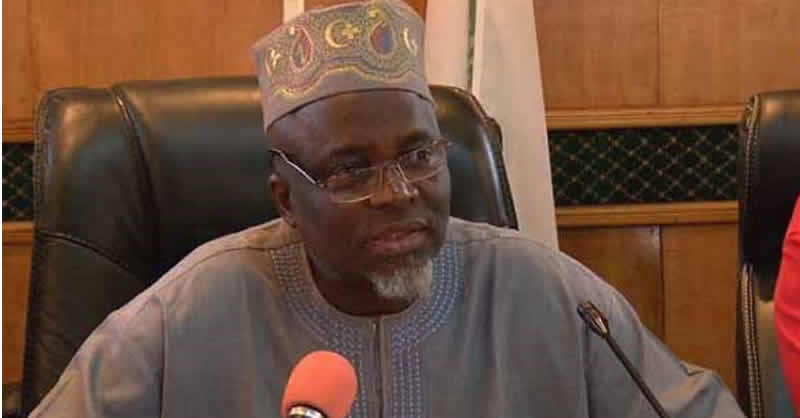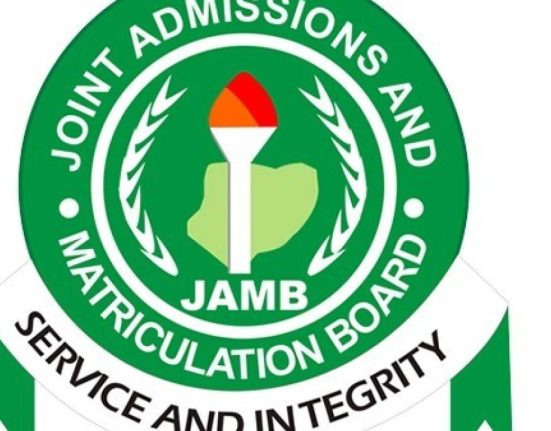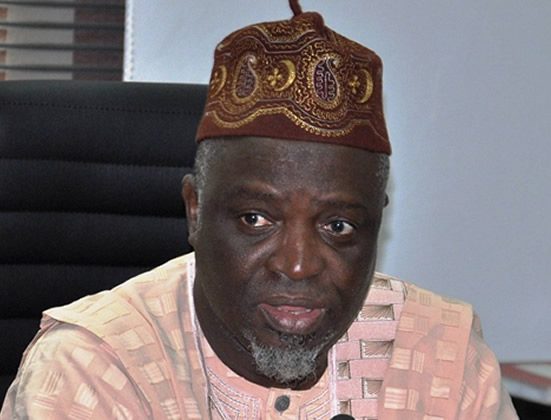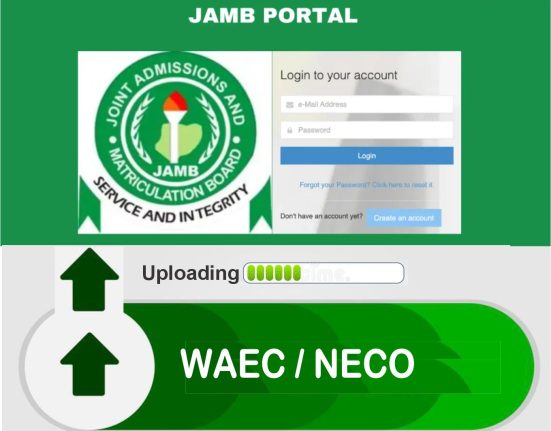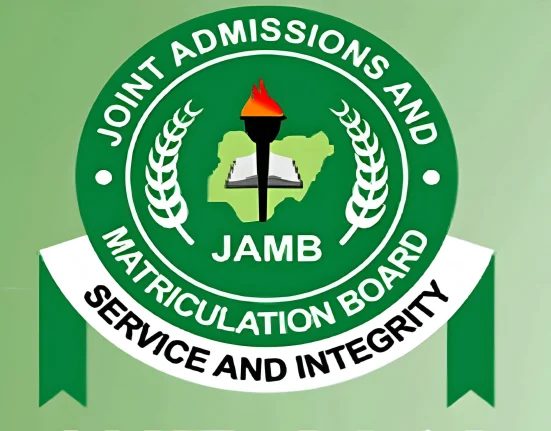In an unprecedented moment of accountability, the Registrar of the Joint Admissions and Matriculation Board (JAMB), Professor Is-haq Oloyede, on Wednesday broke down in tears while publicly apologising over the widespread technical errors and irregularities recorded in the 2025 Unified Tertiary Matriculation Examination (UTME).
The press briefing, which took place in Abuja, came amid mounting criticism and outrage following the release of this year’s UTME results, where more than 1.5 million out of 1.95 million candidates scored below 200 marks. Oloyede, visibly emotional, admitted that the board’s shortcomings had caused distress to thousands of candidates and their families across the country.
“I take full responsibility for what has happened. I sincerely apologise to all candidates and their parents who have been affected. It was a combination of human and technical failures, and we are deeply sorry,” Oloyede said, wiping away tears.
According to the board, a total of 379,997 candidates who sat for the exam in affected centres across Lagos and the five South-East states will be given another opportunity to retake the test. The errors reportedly stemmed from malfunctions in computer-based testing (CBT) software, unstable internet connections, and other operational lapses at about 157 centres.
JAMB further disclosed that 65 centres in Lagos and 92 centres in the Owerri Zone — covering Imo, Abia, Ebonyi, Anambra, and Enugu States — were primarily affected. The affected candidates are expected to receive fresh notifications detailing the schedule and logistics for the rescheduled examination.
The registrar’s public apology marks a rare moment in Nigeria’s examination history where the leadership of a national body openly admits flaws in its operations. Oloyede maintained that despite past improvements in the UTME process, the 2025 exercise fell short of the standard the board is known for.
The development has further ignited public debate around the integrity of Nigeria’s tertiary admission process. While JAMB had earlier argued that the high rate of low scores was consistent with trends from previous years — noting that over 76 percent of candidates also scored below 200 in 2024 — this year’s errors have brought the entire process under fresh scrutiny.
Parents, students, and stakeholders in the education sector have since demanded more transparency, calling for the publication of exam scripts and an overhaul of the result verification system. There is also growing pressure on the Federal Ministry of Education to launch an independent probe into the UTME conduct and results processing.
In defence of the board’s broader anti-malpractice measures, the Minister of State for Education, Dr. Tunji Alausa, noted that the high failure rate might be an unintended consequence of stricter exam integrity protocols.
“What we are witnessing is a result of reforms meant to eliminate cheating. The sad reality is that many candidates are now facing the true test of knowledge, but that does not excuse operational failings,” the minister said in a separate media engagement.
Meanwhile, several education advocates, including tech entrepreneur Alex Onyia, have called for legal redress. A class-action suit on behalf of aggrieved candidates is reportedly being considered, aimed at compelling JAMB to disclose its full scoring and marking procedures.
As the board moves to correct its errors and restore public confidence, attention is now focused on ensuring that the rescheduled examination is devoid of further glitches. For many Nigerian families, the outcome of the UTME determines the future of their children’s academic and professional lives — a responsibility that leaves no room for

